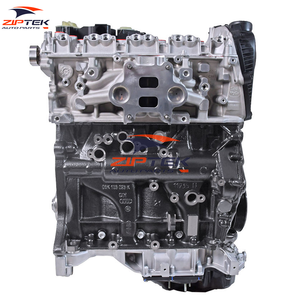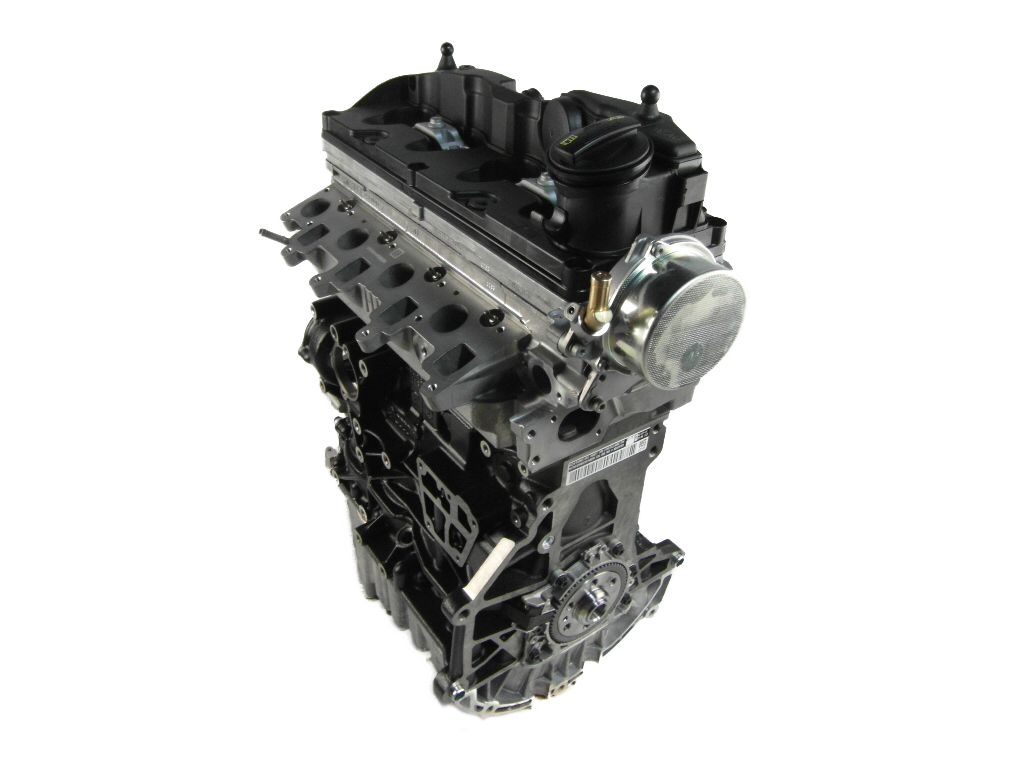Economical Amarok Engine for Sale-- Enhance Your Automobile's Performance with Our team
Economical Amarok Engine for Sale-- Enhance Your Automobile's Performance with Our team
Blog Article
Navigating the Refine of Engine Choice: Trick Variables to Take Into Account
The process of engine choice is a diverse endeavor that demands cautious assessment of a number of essential elements to make certain placement with functional objectives. Efficiency demands, gas effectiveness, and monetary constraints are simply the start; factors to consider around ecological influence and maintenance support play a crucial duty in the decision-making structure.
Efficiency Needs
When selecting an engine, it is essential to establish clear performance requirements that align with the intended application. Efficiency demands encompass a variety of aspects, including power outcome, torque attributes, and responsiveness, which have to be tailored to the particular needs of the lorry or equipment in concern.
Power outcome, normally determined in horse power, figures out the engine's ability to drive a lorry or execute a task efficiently. Torque, on the other hand, is essential for applications calling for strong first acceleration or hefty lifting capabilities. An understanding of the functional atmosphere is also vital; for example, engines made for off-road applications may call for different performance features compared to those intended for highway usage.
In addition, take into consideration the functional tons and duty cycle, as these elements affect the engine's durability and dependability. In high-load circumstances, a durable engine layout might be necessary to avoid early wear or failing. In addition, efficiency needs need to also integrate considerations for emission requirements and regulative compliance, especially in areas with strict environmental guidelines. By specifying these performance parameters early in the selection process, stakeholders can make informed choices that enhance overall functional effectiveness and performance.
Gas Effectiveness Considerations
While performance demands are vital, gas efficiency is similarly essential in the engine selection process, as it directly influences operating prices and ecological sustainability. Fuel-efficient engines eat less gas each of job executed, which not only minimizes total expense however likewise minimizes greenhouse gas exhausts. As organizations increasingly prioritize sustainability, choosing an engine that optimizes gas performance can improve business responsibility and conformity with ecological guidelines.
When examining fuel efficiency, it is crucial to consider the engine's design and modern technology - amarok engine for sale. Developments such as turbocharging, straight fuel shot, and hybrid systems can dramatically boost fuel economic climate. Furthermore, comprehending the operating problems and task cycles of the engine application is crucial; engines may carry out differently under varying rates and loads
Furthermore, manufacturers often provide gas usage data that can be utilized to contrast numerous engine choices. It is a good idea to assess these requirements in real-world scenarios to guarantee precision. The kind of gas made use of can also influence fuel efficiency; alternative fuels may supply far better performance and reduced discharges. In recap, fuel effectiveness is a multi-faceted factor to consider that needs complete evaluation throughout the engine option procedure.
Budget Plan and Cost Analysis
Spending plan and price analysis functions as a vital component in the engine choice procedure, influencing both temporary financial investments and lasting operational expenses. When examining possible engines, it is necessary to take into consideration not only the initial purchase cost however additionally the complete price of possession, which includes installment, maintenance, gas intake, and potential downtime.
A comprehensive analysis should start with the in advance expenses associated with the engine, consisting of essential adjustments or supplementary tools. Concentrating entirely on first expenses may lead to misguided decisions. Evaluating operating expense over the engine's life-span is equally essential, as a lot more expensive engines may supply superior gas effectiveness or reduced maintenance requirements, eventually leading to set you back financial savings.

Environmental Influence Factors
Comprehending ecological effect factors is necessary in the engine choice procedure, as sustainability factors to consider have become significantly crucial for both regulative conformity and company duty. Organizations needs to assess the exhausts created by various engine kinds, including carbon dioxide, nitrogen oxides, particulate matter, and unburned hydrocarbons. These discharges add dramatically to air contamination and environment change, demanding a careful evaluation of the engine's eco-friendly impact.
Additionally, fuel kind plays a critical function in environmental impact. Engines powered by renewable resource sources, such as biofuels or hydrogen, often tend to have a reduced environmental impact compared to traditional fossil gas. Furthermore, the lifecycle analysis of the engine, from manufacturing through operation to disposal, must be considered to recognize the full scope of its environmental ramifications.

Upkeep and Support Alternatives
When selecting an engine, the schedule of maintenance and support alternatives is an important consideration that can significantly influence operational effectiveness and longevity. Comprehensive maintenance intends make certain that the engine runs at peak performance and read minimizes unexpected downtimes. It is important to evaluate the manufacturer's assistance network, consisting of the schedule of certified technicians and service facilities.
Examining the availability of extra components is additionally crucial. A reputable supply chain for components can reduce preparations Visit Your URL for fixings and upkeep, consequently improving overall productivity. Furthermore, consider the convenience of acquiring technical documentation and training resources, which are essential for ensuring that employees are well-appointed to deal with routine and emergency situation situations.
Another vital aspect is the service warranty and service agreements used by the producer. These agreements can provide assurance and financial defense against unanticipated concerns. Eventually, a proactive approach to upkeep and assistance not just prolongs the life of the engine however additionally contributes to the general success of the procedure. Careful consideration of these facets will certainly result in informed decisions that align with operational objectives and budgets.
Verdict
In verdict, the process of engine choice necessitates a detailed examination of numerous essential elements, including performance demands, gas efficiency, spending plan constraints, ecological impact, and upkeep support. By thoroughly evaluating these aspects, informed choices can be made that line up with functional goals and sustainability goals. Eventually, a critical technique to engine choice will guarantee a knockout post ideal performance and long life while resolving ecological and economic considerations successfully.
While efficiency demands are critical, gas efficiency is just as crucial in the engine selection process, as it directly impacts operating prices and ecological sustainability. As companies significantly prioritize sustainability, picking an engine that enhances gas efficiency can improve corporate obligation and conformity with environmental guidelines.
Additionally, comprehending the operating problems and obligation cycles of the engine application is crucial; engines may perform in different ways under varying speeds and tons. (amarok engine for sale)
Examining operating prices over the engine's life expectancy is just as crucial, as a lot more pricey engines could use remarkable gas performance or lowered maintenance needs, ultimately leading to set you back savings.
In verdict, the process of engine choice requires a detailed evaluation of different vital aspects, including performance requirements, fuel effectiveness, budget restrictions, ecological impact, and upkeep support. - amarok engine for sale
Report this page